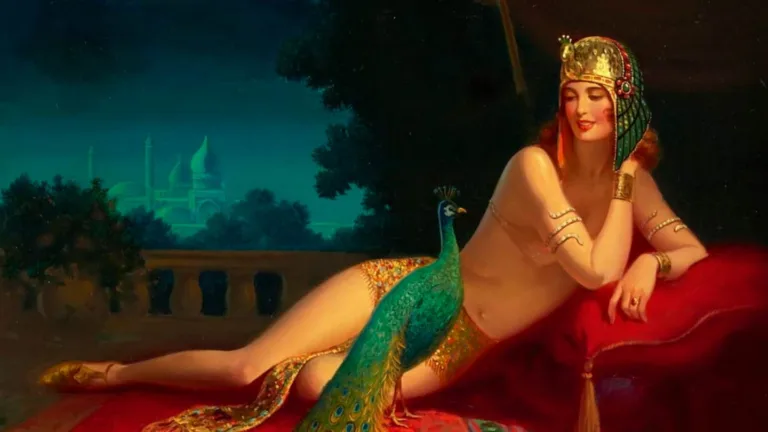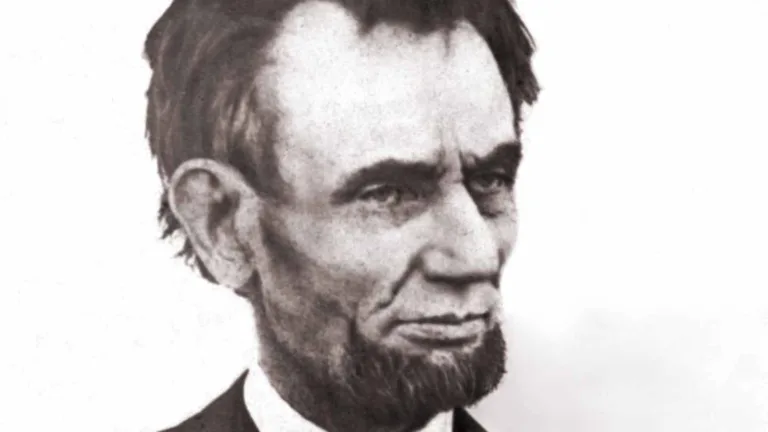Phil Spector was a name synonymous with musical success in the 1960s and ’70s. His “Wall of Sound” Production Technique Revolutionized Pop Music, crafting hit after hit for artists like The Righteous Brothers, The Ronettes, and even John Lennon. But beneath the surface of his musical genius lurked a dark secret: a dangerous obsession with firearms that Would Ultimately Lead To Tragedy.
Spector’s fascination with guns wasn’t just a passing phase; it became a tool for control and intimidation. He wielded Phil Spector GunS As Weapons, not only against those who dared challenge him but also against anyone Who Crossed His Path. This pattern of violence and aggression would tragically define the latter part of Spector’s life, casting a long shadow over his Musical Legacy.
This article delves into the chilling story behind Spector’s Gun Obsession, exploring how it impacted his personal relationships, his work in the music industry, and ultimately led to his downfall. We’ll examine the accounts of some of the artists who found themselves on the receiving end of Spector’s volatile temper and the devastating consequences that ensued.
The Gun as a Tool
For Spector, a gun wasn’t just a weapon; it was a symbol of power and control. He wielded it to silence dissent, Instill Fear, and assert his dominance over anyone Who Dared Challenge His Authority. In the recording studio, where creative tension could sometimes run high, a Phil Spector Gun became a Chilling Presence, often lurking in plain sight. Musicians found themselves walking on eggshells, trying to navigate Spector’s volatile moods and avoid triggering his Violent Outbursts.
Spector’s use of firearms wasn’t confined to the studio. He carried them with him constantly, brandishing them during confrontations and personal disagreements. Accounts from those who knew him paint a picture of a man Prone To Sudden Rage, quick to resort to violence when feeling threatened or annoyed. This pattern of intimidation became a defining characteristic of his personality, leaving a trail of fear and trauma in its wake.
Ultimately, Spector’s gun obsession stemmed from a deep-seated insecurity and a need to control every aspect of his life. He sought to dominate not only those around him but also the Music He Created, using violence as a means to enforce his vision and silence any dissent.
Victims of Intimidation
The list of those who fell victim to Spector’s intimidation tactics is a chilling one. Iconic musicians like John Lennon and Leonard Cohen found themselves on the receiving end of his volatile temper, enduring terrifying encounters where Phil Spector guns were brandished. Legendary singer Debbie Harry recounted her own experience of being threatened by Spector during a meeting, Emphasizing How Pervasive His fear-inducing behavior was.
Even the Ramones, known for their punk rock defiance, weren’t immune to Spector’s aggression. Dee Dee Ramone was reportedly threatened with a gun during a session, highlighting that no one was safe from Spector’s Volatile Nature. These stories paint a disturbing picture of a man who used violence as a tool to control and Manipulate Those Around Him, leaving lasting scars on the very people he claimed to work alongside.
But perhaps the most tragic victim of Spector’s abuse was his own wife, Ronnie Spector. She endured years of psychological and physical torment at his hands, confined to his mansion and subjected To Constant Threats. This pattern of domestic abuse showcased the darkest side of Phil Spector – a man capable of unimaginable cruelty Towards Those Closest To Him.
 Mafia Waste Management: The Hidden History of Criminal Control
Mafia Waste Management: The Hidden History of Criminal ControlSpector’s Violent Reign
Spector’S Violent Tendencies weren’T Isolated Incidents; they became a recurring theme throughout His Life, shaping his relationships and ultimately leading To His Downfall. His volatile temper was notorious in the music industry, with stories of him lashing out at musicians, Studio Staff, and even friends. This pattern of intimidation and aggression created a climate of fear around him, where people walked on eggshells trying To Avoid Triggering His Wrath.
The weight of Spector’s reputation as a volatile man grew Heavier Over Time. His use of Phil Spector guns Became Increasingly Reckless, culminating in the tragic murder of actress Lana Clarkson in 2003. This act of violence shattered his carefully constructed image and brought his dark side into sharp focus for the world to see. The trial that followed exposed the depth of Spector’s depravity, revealing a pattern of abuse and manipulation that spanned decades.
The conviction for Clarkson’s murder marked the end of Phil Spector’s reign as a music industry titan. His legacy, once synonymous with groundbreaking sound and Hit Records, was forever tainted by his violent actions.
Psychological Manipulation
Beyond the blatant displays of violence, Spector wielded a more insidious weapon: Psychological Manipulation. He used guilt, fear, and isolation to control those around him, particularly his wife Ronnie Spector. He would constantly belittle her, making her doubt her own abilities and worth, effectively trapping her in a cycle of dependence.
Spector’s tactics went beyond verbal abuse. He isolated Ronnie from friends and family, cutting off her support network and leaving her vulnerable to his manipulations. He controlled every aspect of her life, Dictating What She Wore, Where She Went, and even who she could speak to. This relentless control created an environment of fear and submission, where Ronnie felt powerless to escape Spector’S Grasp.
By employing psychological manipulation alongside physical threats, Spector created a toxic dynamic that left lasting scars on those closest To Him. His actions demonstrate the devastating impact of abuse, revealing the profound damage that can be inflicted through both overt violence and subtle psychological control.
An Enduring Legacy
Despite the darkness that ultimately overshadowed His Career, Phil Spector left an undeniable mark on the world of music. His innovative “Wall of Sound” Production Technique Revolutionized Recording, influencing generations of artists and shaping the sound of popular music for Decades To Come. Iconic hits like “Be My Baby” and “You’ve Lost That Lovin’ Feelin'” continue to resonate with audiences today, a testament to Spector’s undeniable talent and creative genius.
However, his legacy remains complex and deeply troubling. The stories of abuse and violence surrounding Spector serve as a stark reminder that even the most brilliant minds can be capable of great darkness. His Phil Spector Gun became synonymous with fear and intimidation, casting a shadow over his musical accomplishments.
It’s impossible to separate Spector’s Genius From His Horrific Actions. He remains a cautionary tale, a symbol of how unchecked power and personal demons can corrupt even the most influential figures.










